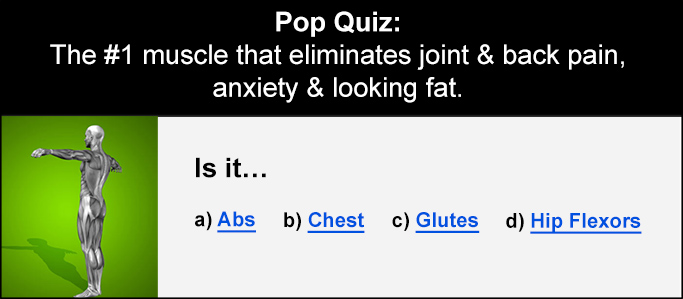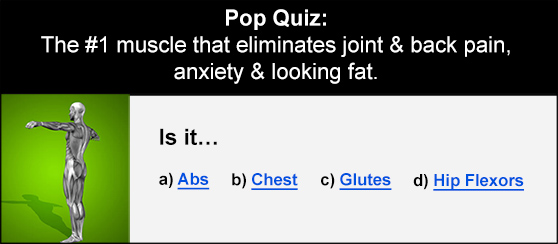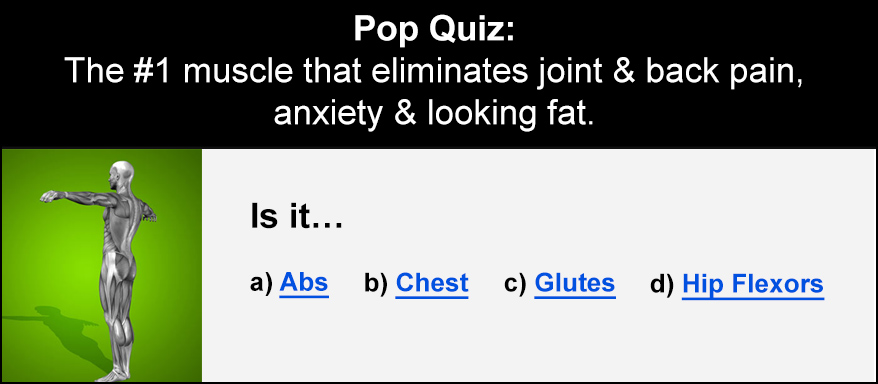Are you aware that consistent physical activity can enhance the generation of immune cells in our bodies? Science has shown a strong connection between fitness and the production of immune cells that protect us against infections and diseases. This powerful link sheds light on the significant influence that physical activity can have on our overall health and well-being.
The Role of Exercise in Immune Cell Generation

As we participate in physical exercise, our bodies experience various physiological changes that contribute to generating immune cells. The increased blood flow and oxygen delivery throughout the body stimulate the generation of immune cells, including both white blood cells and natural killer cells. These cells identify and destroy harmful pathogens, keeping our immune system strong and resilient.
Regular exercise also promotes the circulation of lymph, a fluid responsible for transporting cells throughout the body. This ensures that immune cells are readily available to detect and eliminate potential threats. Additionally, exercise helps reduce inflammation, which can contribute to developing chronic diseases. By reducing inflammation, exercise supports the optimal functioning of the immune system, further enhancing our overall health and well-being.
The Science behind Exercise and Immune Cell Production

To understand how exercise improves immune function, we must first investigate the complex mechanisms within the body. Increased blood flow and oxygen delivery during exercise are some of the most important elements. Our heart rate increases when we exercise, moving more blood throughout the body. This enhanced blood flow permits immune cells to circulate more efficiently, reaching various body parts and improving their surveillance and response abilities.
Exercise also causes the release of different chemical messengers, like cytokines and growth factors, that are important in the development and function of immune cells. These substances function as messengers, communicating between cells and tissues and promoting immune cell synthesis in the bone marrow and lymphoid organs. Exercise has been shown to boost the production of natural killer, T, and B cells, all of which are important immune system components.
How Physical Fitness Enhances Immune Function
- Immune Cell Production: Exercise promotes and enhances immune cell function and production.
- Reduced Chronic Inflammation: Regular physical exercise reduces chronic inflammation, supporting a better immune response and avoiding illnesses such as autoimmune disorders and cardiovascular ailments.
- Stress Response Improvement: Exercise improves the body’s stress response by releasing endorphins as natural stress relievers. This improves mood and regulates stress, strengthening the immune system.
- Lymphatic System Enhancement: Physical activity improves the function of the lymphatic system, which is critical for immune function. It facilitates the efficient transport of immune cells and antibodies, enhancing the body’s ability to fight infections.
The Benefits of Exercise for Overall Health and Well-being
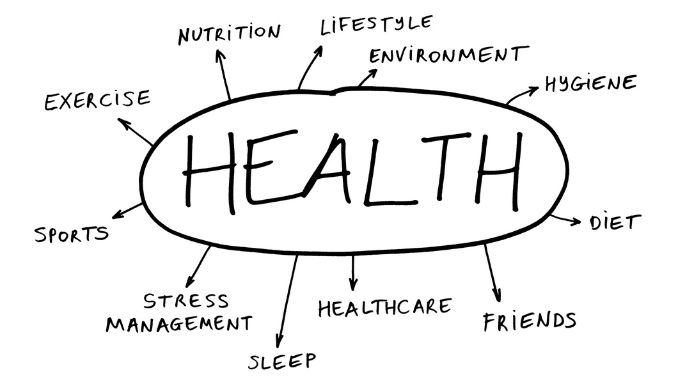
- Improved Cardiovascular Health: Exercise strengthens the heart, enhancing its effectiveness and reducing the risk of heart disease.
- Weight Management: Regular physical activity helps control weight by burning calories and boosting metabolism.
- Enhanced Mood: Exercise stimulates endorphin release, fostering a positive emotional state while alleviating stress and anxiety.
- Better Sleep: Regular activity contributes to better sleep quality and can help alleviate insomnia.
- Increased Energy Levels: Engaging in exercise increases energy levels and reduces fatigue.
- Muscle and Bone Strength: Weight-bearing exercises enhance muscle and bone health, lowering the risk of osteoporosis.
- Improved Immune Function: Exercise enhances the immune system, promoting overall health.
- Enhanced Flexibility and Balance: Activities like stretching and balance exercises improve flexibility and reduce the risk of falls.
- Cognitive Benefits: Regular physical activity is linked to enhanced cognitive function and a decreased likelihood of developing neurodegenerative diseases.
- Social Engagement: Group activities or team sports provide opportunities for social interaction, fostering a sense of community and well-being.
- Long-term Health: Engaging in consistent physical activity is linked to a reduced likelihood of developing chronic illnesses such as type 2 diabetes and specific forms of cancer.
- Increased Lifespan: Studies suggest regular exercise is linked to a longer and healthier life.
Strategies to Boost Your Immune System Through Exercise
Immune system activity: Incorporate various aerobic workouts into your fitness plan, such as running or swimming, strength training, and flexibility exercises into your fitness plan. Aim for at least 150 minutes per week of moderate-intensity exercise. HIIT (high-intensity interval exercise) can also be beneficial. To avoid burnout, choose consistency over intensity. Keep a well-rounded diet rich in fruits, vegetables, and lean proteins while staying hydrated. Get enough quality sleep because it is essential for immunological function. Stress may be managed by disciplines such as yoga or meditation. Before making big changes to your fitness plan, listen to your body and consult a healthcare practitioner to ensure it aligns with your health state.
Combining Exercise with Healthy Foods for Optimal Immune Function
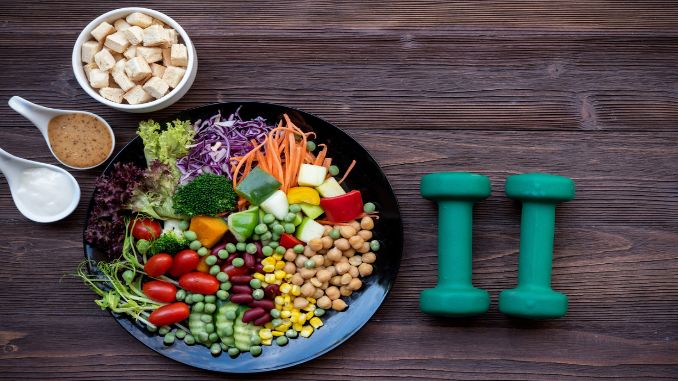
- Citrus Fruits: Abundant in vitamin C, citrus fruits like oranges, grapefruits, and lemons boost the production of white blood cells.
- Berries: Packed with antioxidants, berries (strawberries, blueberries) support immune function and combat oxidative stress.
- Leafy Greens: Spinach, kale, and assorted leafy greens provide vitamins A, C, and E, crucial for immune health.
- Garlic: Known for its immune-boosting properties, garlic contains allicin, which enhances immune cell function.
- Yogurt: The presence of probiotics in yogurt promotes a healthy gut, positively influencing immune response.
- Almonds: Rich in vitamin E, almonds help maintain a strong immune system.
- Turmeric: Curcumin in turmeric has anti-inflammatory and antioxidant benefits.
- Lean Proteins: Chicken, turkey, and fish provide zinc, vital for immune cell development.
- Sunflower Seeds: Packed with phosphorus, magnesium, and vitamin B6, supporting immune function.
- Green Tea: Contains flavonoids that enhance immune system activity.
Combine these nutrient-rich foods with regular exercise for a powerful immune-boosting synergy.
Concluding the Exercise Journey for Optimal Well-being
Exercise is a potent tool to elevate immune function and foster overall health. Engaging in physical activity on the immune system not only boosts the production of immune cells but also enhances their function while lowering the risk of chronic diseases. Integrating exercise into our daily lives empowers our immune system and puts us in command of our well-being.
Discover activities you enjoy, prioritize exercise, and pair it with a nutritious diet for peak immune performance. Embracing the influence of exercise allows you to attain a strong, healthier version of yourself, reaping the rewards of a fortified immune system.



